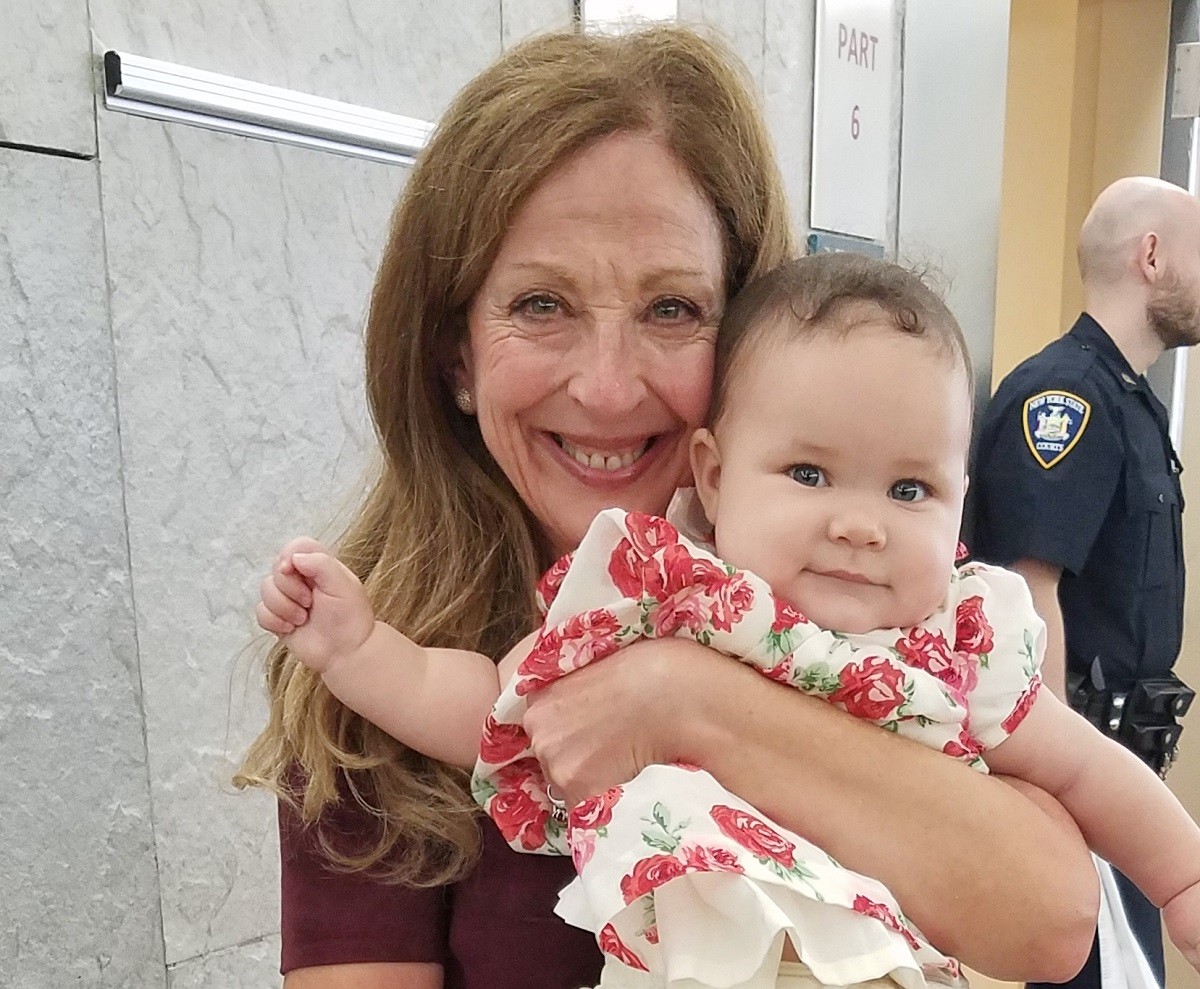Enact Amendment to Social Services Law on Adoptions
Robin Fleischner, New York Law Journal
Until 1995, the New York State Office of Children and Family Services (OCFS) and New York courts permitted attorneys to refer birth mothers and adoptive parents to each other as long as no compensation was paid for the referral. In an abrupt reversal of this policy, and without any amendment to the New York adoption law, OCFS and courts began to interpret New York Social Services Law §374(6) as prohibiting such referrals.
Social Services Law §374(6) should be amended to permit an attorney to refer birth parents to adoptive parents who are certified as qualified adoptive parents by the New York Family or Surrogate’s Court as long as the attorney does not charge a placement fee. A simple addition to the first paragraph of the section should read: “An attorney’s introduction of adoptive parents and birth parents to each other without charging a fee for the introduction does not constitute a violation of this section.”
The New York law contains strong protections against illegal placement fees without the necessity of prohibiting attorneys from introducing adoptive parents and birth parents to each other. This harsh restriction hurts New York residents seeking to adopt. The 1993 amendment of the New Jersey adoption statute to permit such referrals should serve as a model for amending the New York law.
In a thoughtful process to amend the New Jersey adoption statute which was enacted into law in 1993, the late James Boskey, a Seton Hall Law School professor and director of Seton Hall’s Family Law Clinic, worked with attorneys to draft a new law that would protect birth parents, adoptive parents and children. The amended statute instituted safeguards so that the adoptive parents would be qualified, the birth parents would understand their rights and be free of coercion, and no illegal payments would be made in adoptions.
The amendments addressed two concerns of licensed New Jersey adoption agencies: that referrals of birth parents be to those qualified as adoptive parents and that birth parents be apprised of their rights and options. New Jersey Statutes §9:3-39.1(a)(4) was amended to provide that an entity which is not a licensed adoption agency can introduce adoptive parents and birth parents to each other if the adoptive parents have been approved for adoption in a home study. Under the amended §9:3-39.1(b), a birth parent must be offered counseling.
Section 9:3-39.1(d) makes it a crime for any person or organization, except a licensed adoption agency, to receive a placement fee in an adoption. The amendment in §9:3-39.1(e) outlines payments that are legal in an adoption and not a violation of the statute: medical, hospital and counseling expenses, the birth mother’s reasonable living expenses during pregnancy and post-partum, psychological and vocational services during the pregnancy, and reasonable attorneys fees and costs. All fees and expenses in the adoption must be disclosed to the court. Thus, attorneys are permitted to introduce adoptive parents and birth parents to each other as long as the attorneys do not charge a placement fee. Legal fees are not considered placement fees.
Similar to the New Jersey statute, New York Social Services Law §374(6) prohibits payment of a placement fee to any entity, except a licensed adoption agency. Under this section, adoptive parents are permitted to make payments for the birth mother’s and child’s medical and hospital expenses, the birth mother’s reasonable living expenses during pregnancy and post-partum, and reasonable attorneys fees and costs. All expenses and fees in the adoption must be disclosed to the court in which the adoption is pending pursuant to §115(8) of the Domestic Relations Law.
And under §374-a(11)(a) of the New York Social Services law, when the child is born in another state, the application for interstate placement of the child into New York must disclose all expenses paid in the adoption. Also in keeping with the New Jersey statute, adoptive parents in New York must be qualified in a home study, and in a private adoption, a pre-adoptive certification by the Family or Surrogate’s Court under §115-d of the Domestic Relations Law.
OCFS and courts now interpret New York Social Services Law §374(6) as prohibiting such referrals. The rationale offered is that legal fees could be characterized as prohibited placement fees. Yet the New York adoption law already provides safeguards to avoid illegal placement fees by requiring the disclosure of all fees and expenses to the New York court in which the adoption is pending (and to the Administrator of the Interstate Compact if the child is from another State). As an additional check, the adoption petition must disclose how the adoptive parents obtained custody of the adoptive child under §§112(2) and 115(1)(a) of the Domestic Relations Law.
The proposed amendment to New York Social Services Law §374(6) should be enacted.
Robin Fleischner
The author, an adoptive parent,
is a fellow of the American Academy
of Adoption Attorneys


